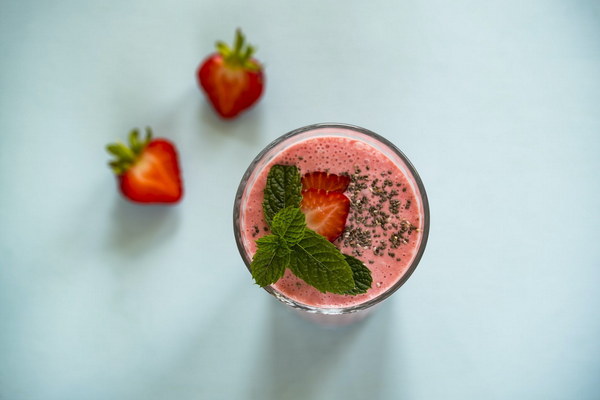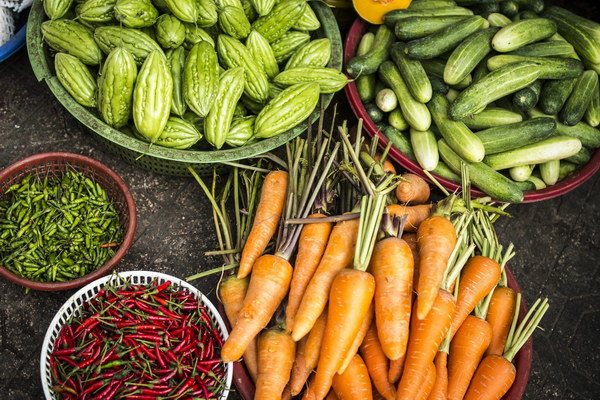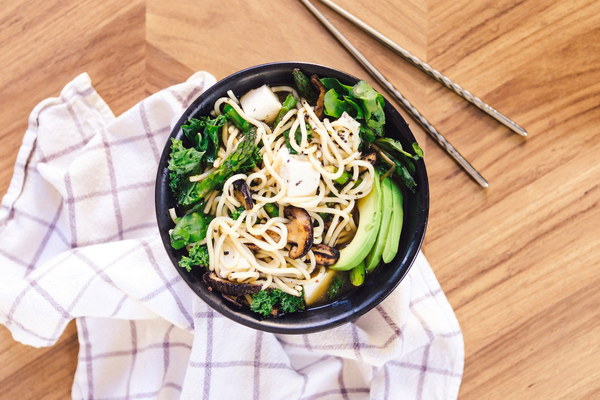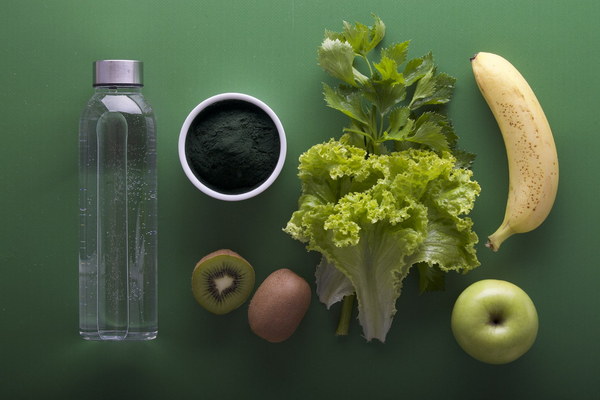Does SugarFree Lung Tea Really Help in Nourishing the Lungs and Loosening Phlegm
In the bustling world of health and wellness, the quest for natural remedies to boost our immune systems and maintain overall well-being has never been more intense. One such remedy that has gained popularity in recent years is sugar-free lung tea, which is often advertised as a natural way to nourish the lungs and loosen phlegm. But does this herbal tea live up to its claims? Let's delve into the science and anecdotal evidence to find out.
Understanding the Purpose of Lung Tea
Lung tea, also known as lung detox tea, is a blend of various herbs and plants that are traditionally believed to support lung health. The primary ingredients often include ginger, goji berries, mulberry leaves, and other natural substances known for their anti-inflammatory and expectorant properties.
The primary purpose of lung tea is to:
1. Nourish the Lungs: Certain ingredients in lung tea are believed to enhance lung function and support respiratory health.
2. Loosen Phlegm: The expectorant properties of lung tea are thought to help clear out mucus and reduce congestion.
3. Sugar-Free: The no sugar added aspect of lung tea is aimed at those looking to avoid added sugars, which can exacerbate respiratory conditions.
Scientific Evidence
While many people swear by the benefits of lung tea, the scientific evidence to support these claims is somewhat limited. However, there are a few studies that suggest potential benefits:

1. Ginger: Studies have shown that ginger has anti-inflammatory properties and may help with respiratory conditions. It can also act as an expectorant, which may help to clear mucus.
2. Goji Berries: These berries are rich in antioxidants and vitamins, which can boost the immune system and help protect against respiratory infections.
3. Mulberry Leaves: Mulberry leaves are known for their anti-inflammatory and diuretic properties, which may help reduce respiratory congestion.
It's important to note that these studies are often small and may not be conclusive. However, they do provide some evidence that the ingredients in lung tea may have health benefits.
Anecdotal Evidence
Anecdotal evidence from individuals who have used lung tea is mixed. Some people report experiencing relief from symptoms such as cough, congestion, and phlegm after drinking lung tea. Others, however, have not found any significant relief.
Considerations and Safety
When considering the use of lung tea, there are a few important factors to keep in mind:
1. Allergies: If you have any known allergies to the ingredients in lung tea, it's best to avoid it.
2. Medications: Consult with a healthcare professional if you are currently taking any medications, as lung tea may interact with certain drugs.
3. Quality: Ensure that you are purchasing high-quality lung tea from a reputable source. Low-quality tea may contain contaminants or insufficient amounts of active ingredients.
Conclusion
While sugar-free lung tea may have some potential benefits for respiratory health, the scientific evidence to support its claims is limited. Anecdotal evidence is mixed, and individual experiences may vary. If you are considering using lung tea to nourish your lungs and loosen phlegm, it's important to consult with a healthcare professional and do so with caution.
In the end, the decision to incorporate lung tea into your wellness routine should be based on personal preference, after considering the potential benefits and risks. As with any health-related decision, it's always best to prioritize safety and consult with a healthcare provider when in doubt.









